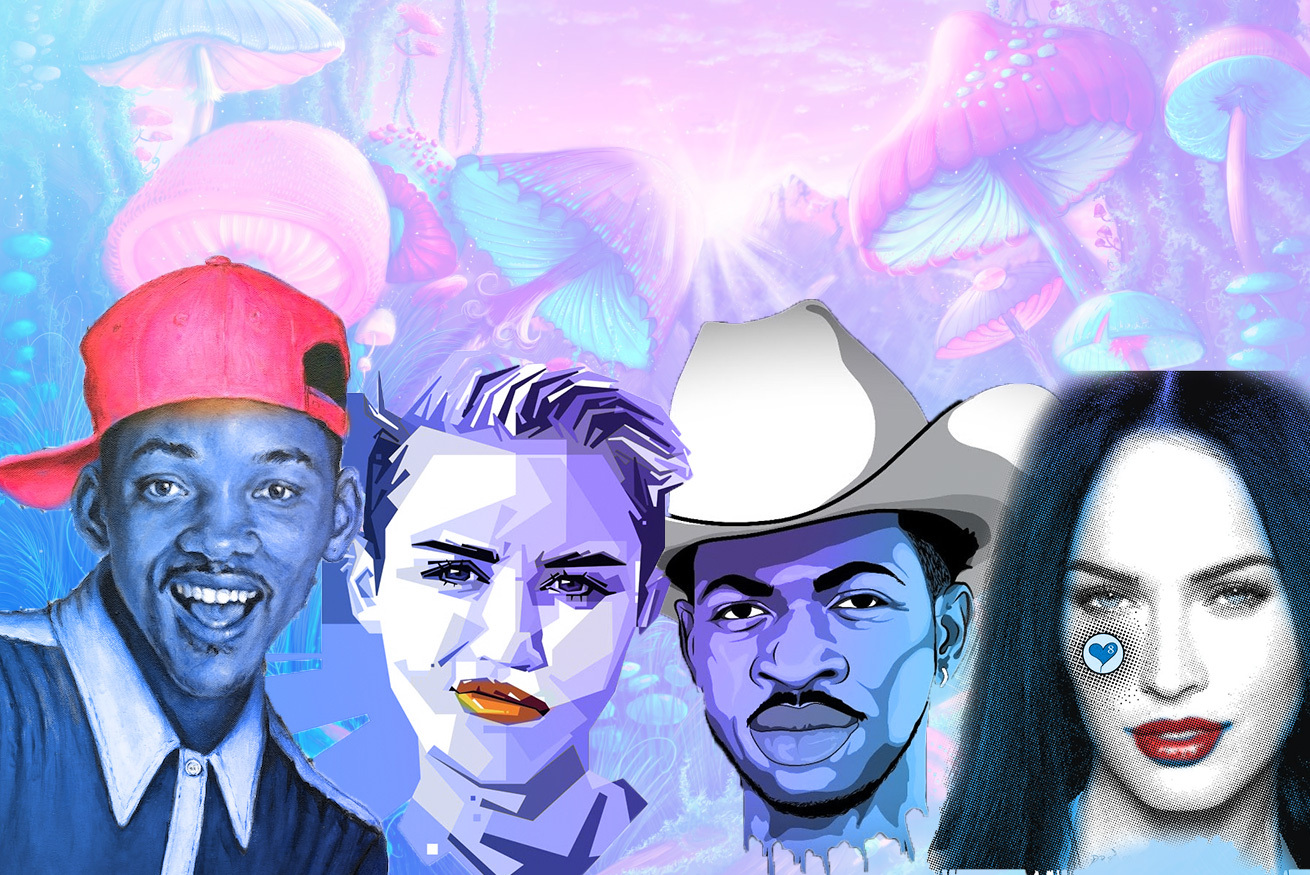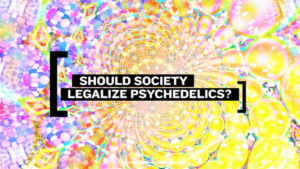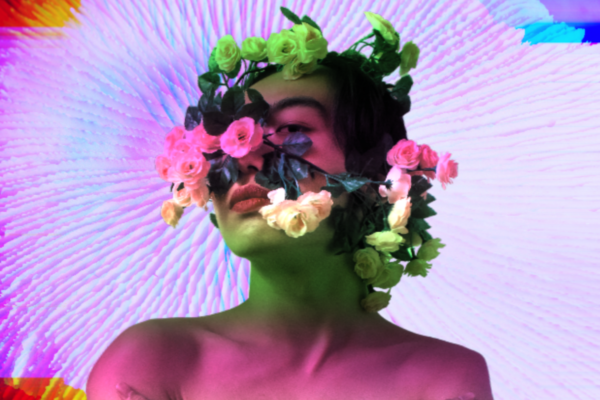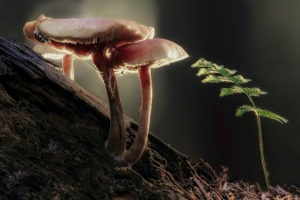
Stars — they’re just like us! And that includes the fact that many celebrities have also discovered the therapeutic benefits of psychedelics.
In recent years, we’ve seen the likes of Will Smith, Megan Fox, Miley Cyrus, Lil Nas X, and others “coming out of the psychedelics closet,” speaking openly about how these substances have helped them overcome mental health issues and enhanced their creative pursuits.
But how these influential figures have shared their psychedelic experiences and how the media has conveyed this information has prompted the question: are celebrities helping or harming the psychedelic movement?
The Power of Celebrity
In today’s mass media societies, well-known people in popular culture (such as entertainment and sports) have acquired the power to influence the attitudes and behavior of people who identify with them. Celebrities can leverage their influence when endorsing goods and services or political candidates and advocating for social or political change.
Celebrities’ ability to educate the public is why the Co-Founder, CEO, and Director of magic truffle company Red Light Holland Todd Shapiro says them speaking out about their psychedelic experiences is tremendous. “Messages from celebrities have always been an important way to get information out there,” he tells Psychedelic Spotlight.
“Celebrities’ pure influence is not the way, but from an education point of view, it’s of the utmost importance. There is a mental health crisis, and often it takes celebrities opening up and talking about some of their struggles and talking about how their use of psychedelics has helped them to start this important conversation.”
“Whether its celebrities or micro-influencers or individuals within their own home who are having a discussion about the mental health crisis or learning a bit more about the psychedelics sector and the free the magic campaign (the psychedelics decriminalization movement), if it ultimately ends up helping people, I’m all for it.”
Global Impact Officer at leading non-profit the Multidisciplinary Association for Psychedelic Studies (MAPS) Natalie Lyla Ginsberg agrees, saying that celebrities’ use of their platform or microphone to speak about their psychedelic experiences is beneficial overall.
“It requires a certain degree of safety in our society to be able to speak openly about things like drugs,” she explains. “Celebrities have a higher level of scrutiny, but they also have a higher level of safety [to speak]. It’s essential that people with that privilege, whether they are celebrities are not, (when they are comfortable too) speak openly because that’s what helps things shift, and not everybody has the ability to speak that way.”
She tells Psychedelic Spotlight that the more people who speak openly and honestly about their experiences with psychedelics, both good and bad, the better.
“I recently heard Wesana Health founder and former NHL player Daniel Carcillo question why everyone was trying to get rid of the ‘bad trip’ — the bad trip is the special sauce where the learning happens,” Ginsberg says. “Having someone voice that experience is powerful. People are curious, and it’s helpful for them to hear about all different experiences and increase the likelihood that one of those experiences resonates with them.”
The Potential for Harm
Ginsberg acknowledges that harm can be caused by uneducated people with large platforms advocating dangerous behaviors, giving the example of hip-hop music suggesting the mixing MDMA with other drugs. “Of course, it depends on how people speak about their experiences and how certain people are viewed,” she explains.
But she notes that generally, celebrities have been speaking from a place of wanting to spread helpful advice and educate. “Let’s take Will Smith, who has spoken about his ayahuasca journey and how profound and spiritual it was for him. Those things are helpful — people want to hear personal stories, not one-off jokes on TV shows,” Ginsberg says.
Shapiro, when asked if he has any concerns regarding celebrities sharing their psychedelic experiences, says: “I have zero fears about celebrities talking about this.”
He says he has bigger concerns regarding the hypocrisy of choosing one psychedelic route over another. “There’s a medical route for people who believe in picking a standardized, synthesized pill that will one day be available from big pharma, but there’s also a big part of the population who want to explore naturally-occurring products,” he explains. “There isn’t any sort of pill on the market yet, so what we are hearing from these celebrities is about these naturally-occurring products.”
Harnessing Star Power
Red Light Holland’s executive team has a celebrity of its own among its ranks: global comedy superstar Russell Peters. Peters joined the company as its Chief Creative Officer in May 2020. “Hiring Russell came down to him as an entrepreneur, not just Russell’s celebrity status,” Shapiro explains.
While Shapiro says Peters’ celebrity has brought some benefits — such as him sitting wearing a Red Light Holland t-shirt during an appearance on Joe Rogan’s podcast or having a large Instagram following — he explains that it’s the comedian’s ability to speak candidly about psychedelics that is what he loves.
“His candid, genuine approach is what’s so important, not to influence, but to educate,” Shapiro says.
“Russell isn’t a psychonaut as they call them — he doesn’t have years of experience of understanding psychedelics, and he’s not going to sit there and pretend he does. Here’s a guy worth a lot of money with a lot of fandom and a lot of fame who has opened up about his own struggles. He represents all of us who are learning on the go about what psychedelics could potentially do and the benefits they could possibly have.”
In fact, Peters will soon undergo his first psychedelic experience with the guidance of a Red Light Holland therapist. Following his experience, Peters will perform in front of a live audience in the Netherlands, which will also be live-streamed.
Initially scheduled for October, this event was postponed due to the pandemic and scheduling conflicts. However, Shapiro says Peters is still fully committed to taking the first step in his psychedelic journey. “This wasn’t just promotional — this was something Russell was ready to do, to work on himself, and he’s still ready for it,” Shapiro says.





